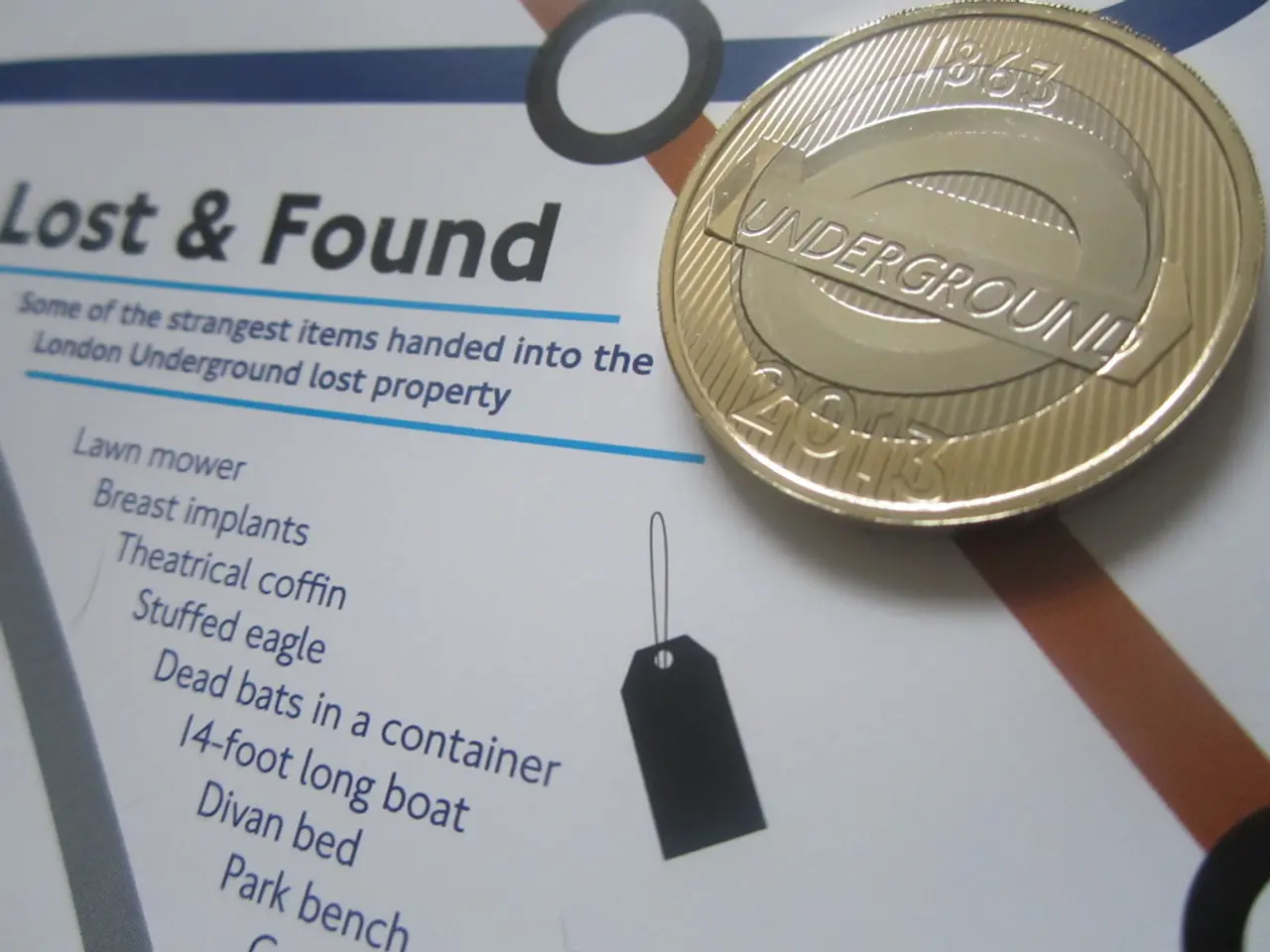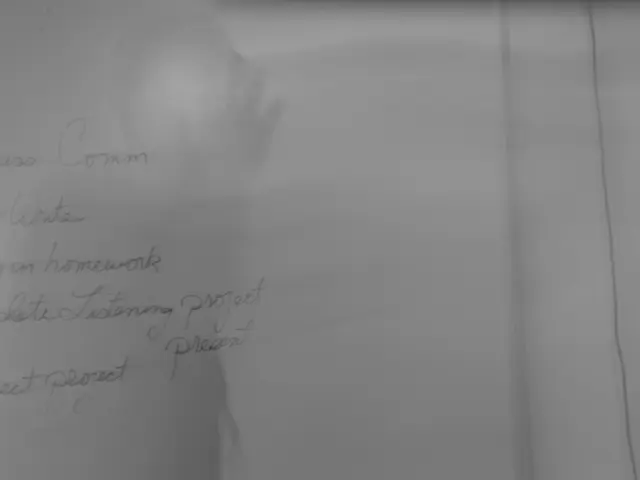SWIFT Developing Blockchain-Based System for Real-Time Cross-Border Payments
Society for Worldwide Interbank Financial Telecommunication (SWIFT) is developing a blockchain-based interbank messaging and settlement system for real-time, cross-border payments. This initiative aims to bridge traditional finance with modern blockchain technology, leveraging both existing infrastructure and the benefits of distributed ledger technology (DLT).
SWIFT has chosen a consortium approach, with various international banks participating in pilot projects and tests. Notable banks involved include BNP Paribas, Deutsche Bank, Citibank, J.P. Morgan, Standard Chartered, ANZ, HSBC, UBS, and Société Générale, among others. The project aims to eliminate inefficiencies in cross-border payments, such as long settlement times, high costs, and lack of transparency. SWIFT has completed technical proof-of-concept phases and is in an advanced stage of development, with a productive system expected in the coming years.
The project may use Linea, an Ethereum Layer 2 network developed by Consensys, which uses zero-knowledge proofs for faster and cheaper transactions while maintaining security. Consensys is building the conceptual prototype for the project, which is expected to take several months to complete. The new ledger will record, sequence, and validate transactions while enforcing rules through smart contracts. Financial institutions from 16 countries, including major banks like Bank of America and Citi, are helping design the new system. This isn't SWIFT's first blockchain project; it previously tested tokenized fund settlements and announced live digital asset trials in 2025.
SWIFT's announcement affects the competitive landscape for cross-border payments, with Ripple promoting its blockchain system as an alternative. The new blockchain-based ledger for real-time cross-border payments is expected to be built in partnership with other financial institutions, potentially revolutionizing the way banks handle international transactions.
Read also:
- ACC Expands European Battery Production with Three New Gigafactories
- Munich Airport Unveils Its New Electrical Vehicle Charging Parksite
- Clean Energy Facilities by Constellation Offer Close-to-Impeccable Summer Stability, Reinforced by $7 Billion in Capital Infusions Over the Past 10 Years
- Vehicle electrification and bidirectional charging technologies could potentially reduce EU energy expenses by a staggering €22 billion annually by the year 2040.








